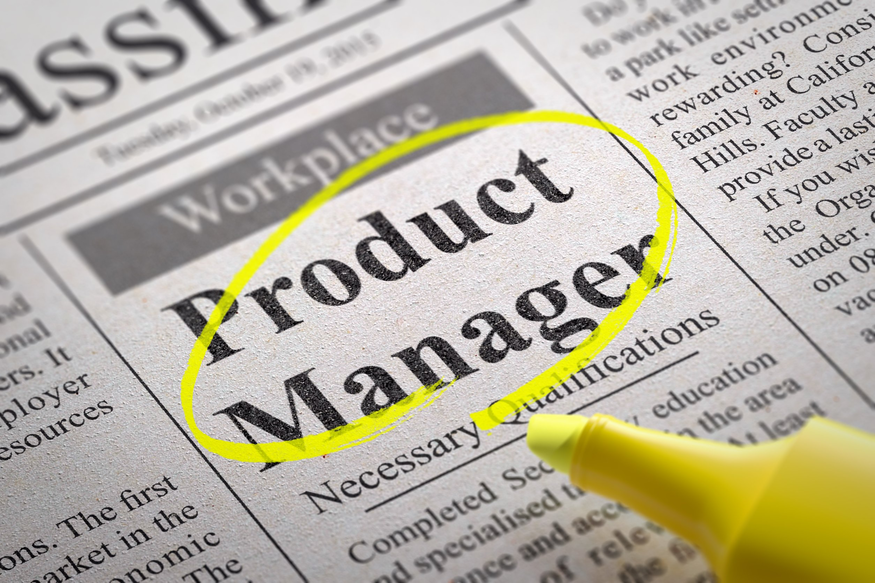Considering hiring a product manager? That’s a great move. But whether you’re new to filling such a role or haven’t done so in a while, it’s critical to understand how it’s evolved.
The Core Purpose of the Role
Product managers have become increasingly important to tech teams—both in the ever-changing software-as-a-service (SaaS) realm and for more traditional software brands. Atlassian Product Manager Sherif Mansour sees the role as “the person who identifies the customer need and the larger business objectives that a product or feature will fulfill, articulates what success looks like for a product, and rallies a team to turn that vision into a reality.”
If that sounds abstract, it’s because it is. That’s what makes hiring a product manager so tricky. Like site reliability engineers, the position is only a couple of decades old and lacks a standard definition.
“Ten years ago, when I was invited to apply for a product manager position at Atlassian, I didn’t know what product management was,” Mansour confesses. “This wasn’t unusual. While product management has existed in one form or another for a number of decades, the ‘product manager’ title only started picking up steam less than 20 years ago.”
He adds that unlike more established areas like design and engineering, product managers are still defining what their roles should be.
“Ask 100 people in the SaaS industry what a Product Manager does, and you’ll get 100 (slightly) different answers,” product manager Silvia Tower writes. “All of us who work in product management today are collectively shaping the definition of what a product manager is.”
How Hiring a Product Manager Picked Up Steam
CIO Magazine explains how the role evolved to bridge a significant gap.
“IT organizations are shifting to product-based methodologies, in which cross-functional teams made up of both tech and business pros focus on a single product or service offering. This organizational shift has given new importance to the product manager, who serves as the leader for such a team and acts as the point person throughout the product’s lifecycle,” CIO explains.
It’s not a trend, however, unless McKinsey & Company studies it. So guess what? They did.
“Product management has experienced at least two significant waves of change in the last couple of decades,” says McKinsey Partner Martin Harrysson. “The first wave was the shift from on-prem infrastructure to cloud, which allowed product managers to shift from requirement-getters to product visionaries developing minimum viable products. The second wave was driven by the consumerization of technology, which led PMs to be more anchored in design thinking, make data-driven product decisions, and respond to customer obsessions.”
He alludes to a third wave that could be just around the corner. That wave incorporates inclusion, privacy, and sustainability considerations into the product management role. “These topics are certainly not new, but the COVID-19 pandemic has accentuated their importance. People have become even more socially aware. Organizations have very vocal employees, and there is increasing regulation. These things are accelerating the wave of change we’ve seen over the past couple of years,” he adds.
What to Look for in a Product Manager
So the role is pretty abstract and ever-evolving. But product managers at least need technical degrees to do their jobs, right? Not so, says Kenton Kivenstu, RocketBlocks Founder who also worked for Google and BCG.
“Technology companies like Google, with its engineering-driven culture and founders, popularized the CS degree requirement,” he says, “[but] the reality is that many successful PMs at top tech companies don’t have one.” Technical fluency is important, he adds, but that’s an attribute, not a degree. In fact, most product managers have degrees in business or marketing.
In its latest study, ProductPlan found that the top current challenges of product management include planning and prioritizing, setting roadmap priorities without feedback, and getting consensus on product direction. They also found that product teams are becoming more involved in other parts of the business, like customer acquisition and go-to-market.
“Mastering each of these challenges requires non-technical soft skills. That’s the key,” says Paul McGaughan, Practice Director of The HT Group Technical Recruiting. “A product manager should, of course, have the ability to understand the technology behind the product they’re driving. But business savvy and skills in leadership, communication, collaboration, budgeting, time management and a whole host of others are imperative.”
Career Foundry offers an overview of hard and soft skills every product manager should possess. It’s also important to note that product managers are worth investing in. The average salary for a Product Manager in Austin is $117,409, with the average total compensation reaching $133,328. At those rates, it’s vital to sit down and strategically define how the role will function and what success looks like.
For more help and guidance in hiring a product manager, drop us a line.




